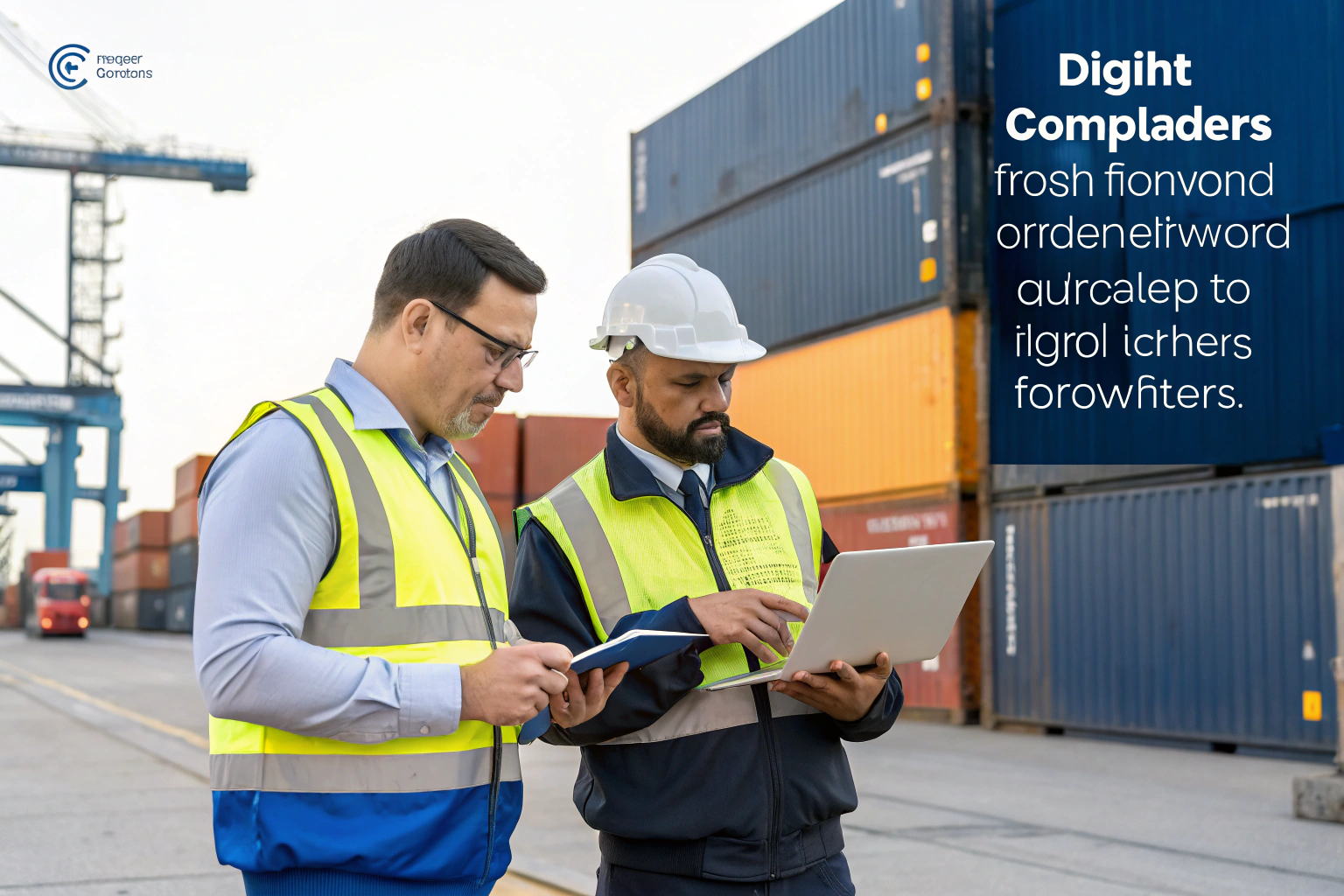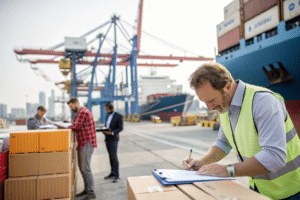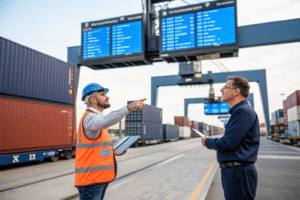Customs clearance is often the most unpredictable phase in international logistics. Even when shipments leave the factory on time, they can get stuck at the border due to documentation errors, incorrect classification, or missing permits. For importers like Ron, every delay means lost sales and rising warehouse costs.
Freight forwarders help minimize customs clearance issues by managing documentation, ensuring regulatory compliance, pre-clearing shipments, and coordinating directly with customs brokers and authorities.
At GeeseCargo, we've developed systems and processes that anticipate and resolve clearance bottlenecks before they become problems. Here's how we do it.
What Documents Are Essential for Smooth Clearance?
Documentation errors are the number one reason cargo gets held at customs. Without the right paperwork, even the fastest shipping service can’t save a delivery timeline.
Freight forwarders ensure all customs documents are prepared correctly, validated in advance, and filed in the appropriate format.
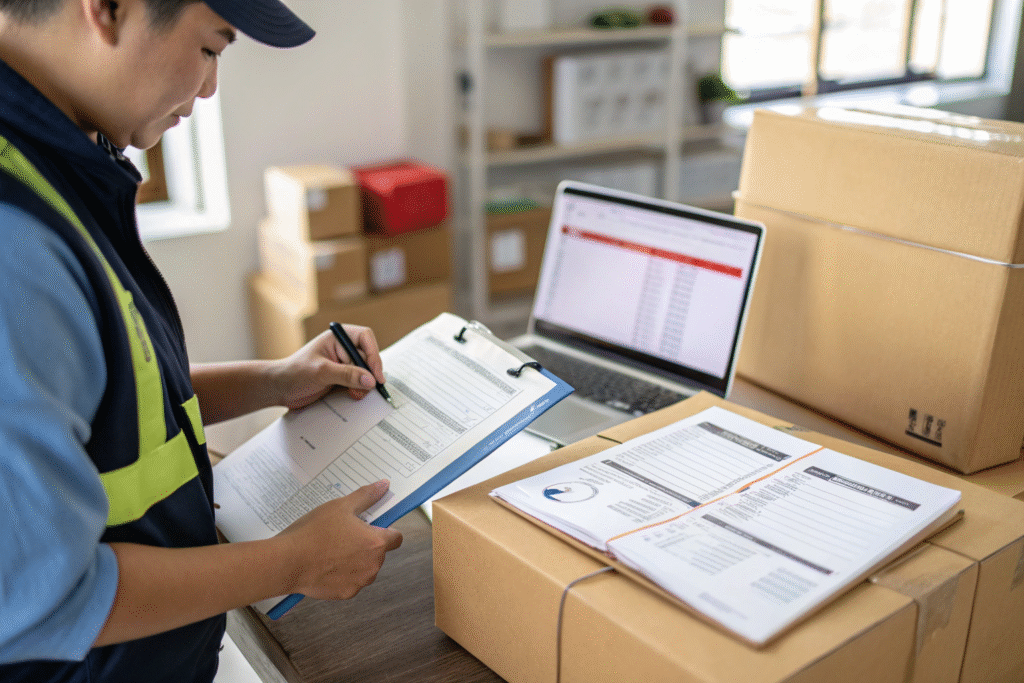
What Are the Key Documents for International Clearance?
The main documents required include:
- Commercial Invoice
- Packing List
- Bill of Lading
- Certificate of Origin
- Any required permits, licenses, or test reports depending on product type
We ensure each file is submitted digitally through portals like ACE (Automated Commercial Environment) for U.S. imports.
How Do Forwarders Prevent Mistakes in These Documents?
We use AI-supported tools to cross-check HS codes, declared values, incoterms, and descriptions. Our team also verifies factory-issued certificates, licenses, and export numbers. Clients preview documents via Zoho Sign or Dropbox Business before submission.
How Does Pre-Clearance Reduce Border Delays?
Pre-clearance is the difference between a 2-day release and a week-long hold. With the right systems, forwarders can help your cargo skip the line.
Freight forwarders pre-clear cargo by filing documents before arrival, using digital systems and trusted importer programs to fast-track release.
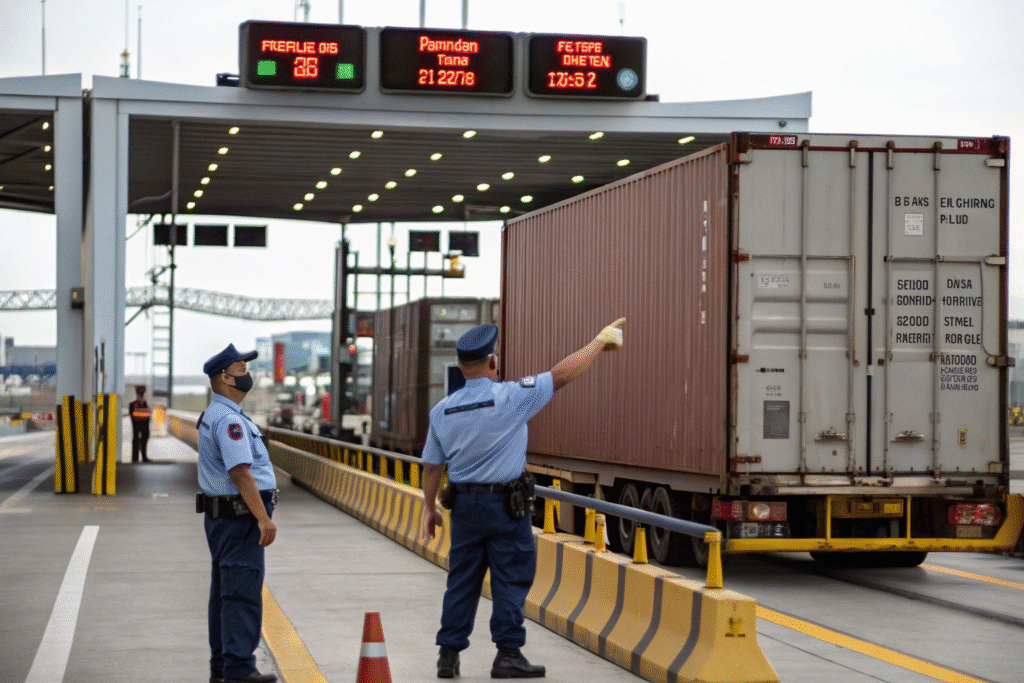
What Is Pre-Clearance and How Does It Work?
Pre-clearance involves submitting documents through customs portals like CBP's ACE system or China H2010 before the shipment arrives. This allows customs officers to review, verify, and approve the entry in advance.
We also ensure alignment between shipper data and carrier manifests submitted via AMS (Automated Manifest System).
Are There Trusted Importer Programs Forwarders Can Use?
Yes. We work with importers enrolled in C-TPAT (Customs-Trade Partnership Against Terrorism) and ISA (Importer Self-Assessment). These programs offer reduced inspections and faster release for compliant shipments.
Even if you're not enrolled, we can apply for low-risk status using historical entry data and prior customs results.
How Can Product Classification and Valuation Cause Issues?
Incorrect tariff codes or under-declared values are red flags for customs. They can lead to audits, delays, or penalties.
Freight forwarders assist with accurate classification and valuation by using official customs databases and product-level analysis.

How Do Forwarders Ensure HS Codes Are Accurate?
We consult the Harmonized Tariff Schedule (HTS) and tools like TariffNumber.com to ensure correct classification. When unsure, we verify with customs brokers or seek binding rulings from U.S. Customs for high-risk categories.
This protects Ron’s goods from being flagged for reclassification or anti-dumping.
What Are Common Valuation Mistakes?
Undervaluing goods to save duty often leads to seizure or penalties. We ensure declared values match Incoterm pricing structures and include accurate FOB, DDP, or EXW details. Valuation data is documented with factory invoices and confirmed shipping terms.
How Do Forwarders Handle Customs Disputes and Holds?
Even with best practices, random inspections or disputes can still occur. This is where experienced forwarders show their value.
Freight forwarders resolve customs issues quickly by coordinating directly with port authorities, preparing dispute responses, and managing cargo release processes.
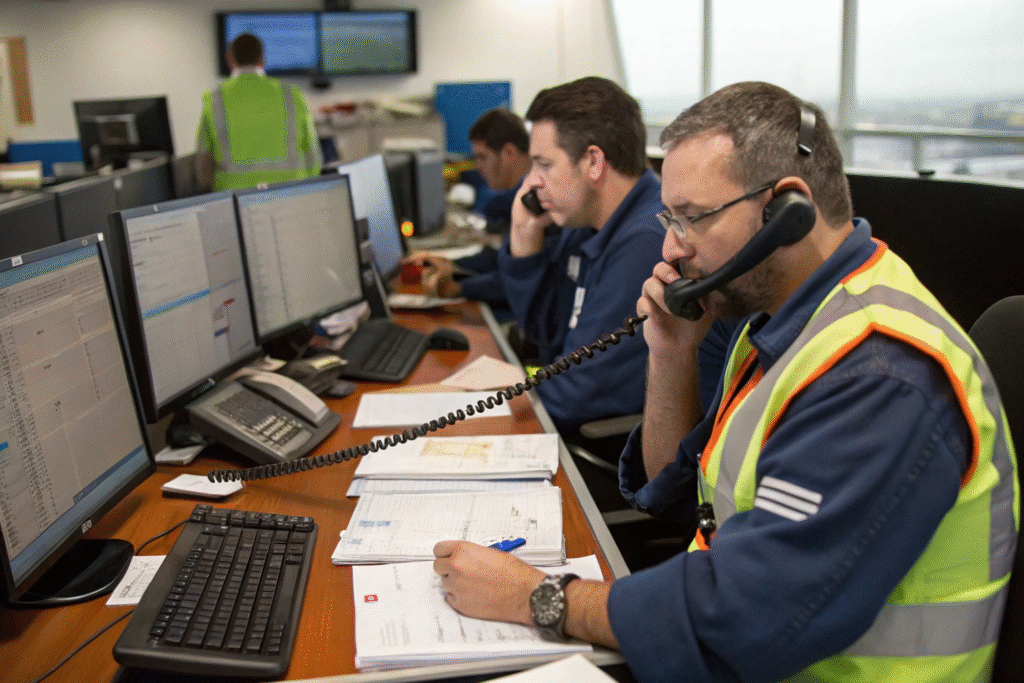
What Happens If a Shipment Is Held?
If Ron’s shipment is flagged for inspection or additional documentation, we:
- Contact customs immediately through bonded warehouse agents
- Request clarification on the hold reason
- Submit any missing documents or compliance explanations
- Reschedule delivery to avoid storage or demurrage charges
We track every stage using CargoWise One and notify clients with real-time updates.
Can Forwarders Help Appeal Duties or Penalties?
Yes. We assist in filing Post Summary Corrections (PSC) or duty refunds if overcharged. If penalties are issued, we work with your customs attorney or broker to prepare defense documentation, audit logs, and supplier certifications from providers like SGS or Intertek.
Conclusion
Customs clearance doesn’t have to be a gamble. With the right freight forwarder, you can reduce risk, prevent unnecessary inspections, and ensure every shipment flows smoothly from port to warehouse.
At GeeseCargo, we combine technology, compliance knowledge, and proactive service to help importers like Ron avoid customs headaches and stay focused on growing their business.
If you're ready for smoother borders and faster freight, we're here to help—clear and simple.
